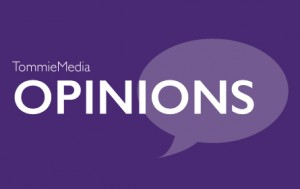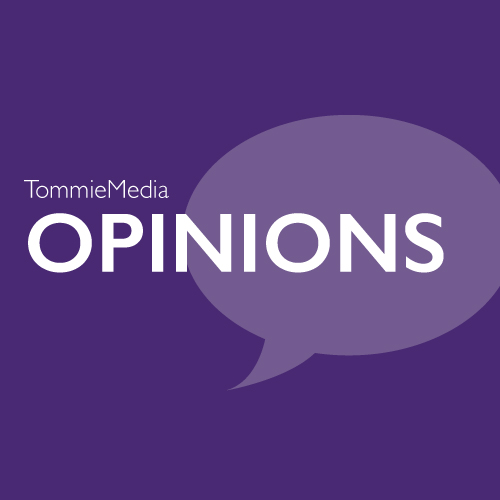Mark Zuckerberg, CEO and co-founder of Facebook, has recently been meeting with Chinese officials, including President Xi Jinping, in effort to bring Facebook back into China. The immersion might make sense on a business level, with China occupying roughly 20 percent of the world’s population. However, due to China’s strict surveillance and censorship laws, Facebook’s, as well as America’s, fundamental values on free speech could be jeopardized by accommodating China’s communist party.
The Facebook team has been quietly developing a software that would allow suppression of posts and control of content for certain geographical regions, along with surveillance methods and the allowance of access for government officials. These are a few of the many demands from the Communist Party of China to Zuckerberg in order to bring Facebook back into the most populated country in the world.
These sort of restraints on freedom go directly against Facebook’s mission statement, which is “to give people the power to share and make the world more open and connected.”
Zuckerberg’s response to some of the backlash of his efforts: “It’s better for Facebook to be a part of enabling conversations, even if it’s not yet the full conversation.” This statement implies that Facebook would be a step in the right direction for China to loosen its communist hold on the country. The communist party, however, has no plans to allow a social media platform to change their entire ideology. This was proven in 2009 when Facebook was first blocked from China because Xinjiang independence activists were utilizing the social network as part of their communications network. China noticed efforts toward political change and immediately shut it down. They have since not proven that they would respond any differently were it to happen again.
The addition of Facebook into the Chinese realm of censored material would just add fuel to their fire. It would allow the Chinese government yet another social media platform for them to manipulate as well as clog with propaganda.
The Chinese government also requests to own at least 51 percent of the licensed Chinese Facebook entity, this would mean Facebook would have to comply to turning over user data, including account details, and the contents of posts and private communications. This would also leave anyone who had Chinese Facebook friends, or even friends of friends, subject to Chinese government examination as well.
Facebook was created in a democratic country, with an initial vision of continuing a world of free speech and open communication. To allow compromises in those fundamental values in order to profit undermines the values themselves. Zuckerberg argues that the more countries Facebook has access to, the more connectivity there is throughout the world. But that should not be construed in any way as to say that Facebook will loosen Chinese censorship or allow a forging of openness. False connectivity is something China already has — an app called WeChat, which has 840 million active users every month, and is a huge part of the Chinese lifestyle. It’s not only a messaging app but also allows users to hail taxes, make purchases or make medical appointments. It also censors out any messages deemed inappropriate without notifying the user in any way. Facebook would just be an addition to the communist party’s list of manipulated media.
Free speech and open communication without surveillance, examination, and censorship is a privilege that Zuckerberg seems all too willing to compromise in order to expand. How can Facebook concede to an ideology that, had I posted this very article in China, would most likely be censored out?
Sam Miner can be reached at mine0034@stthoms.edu

